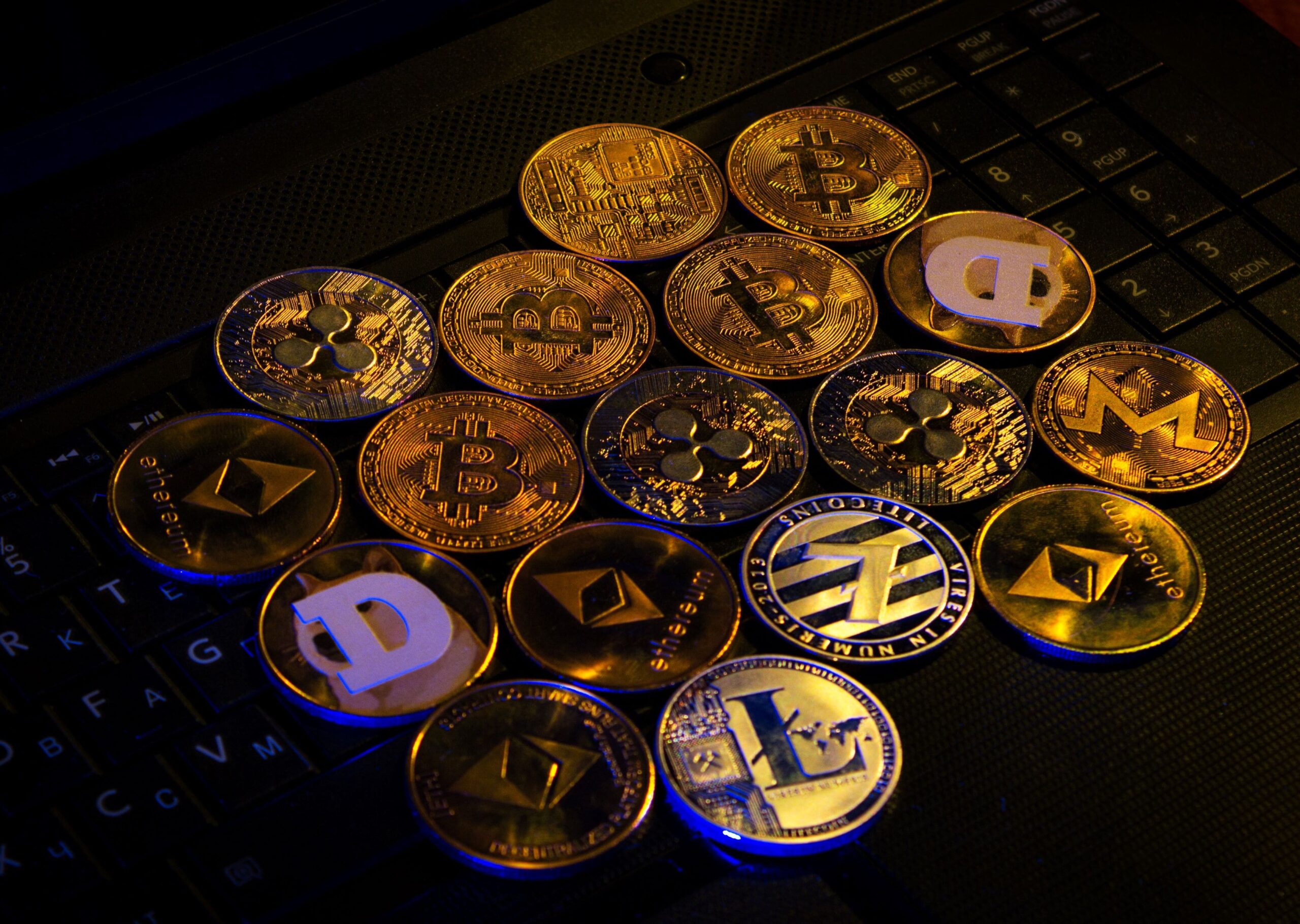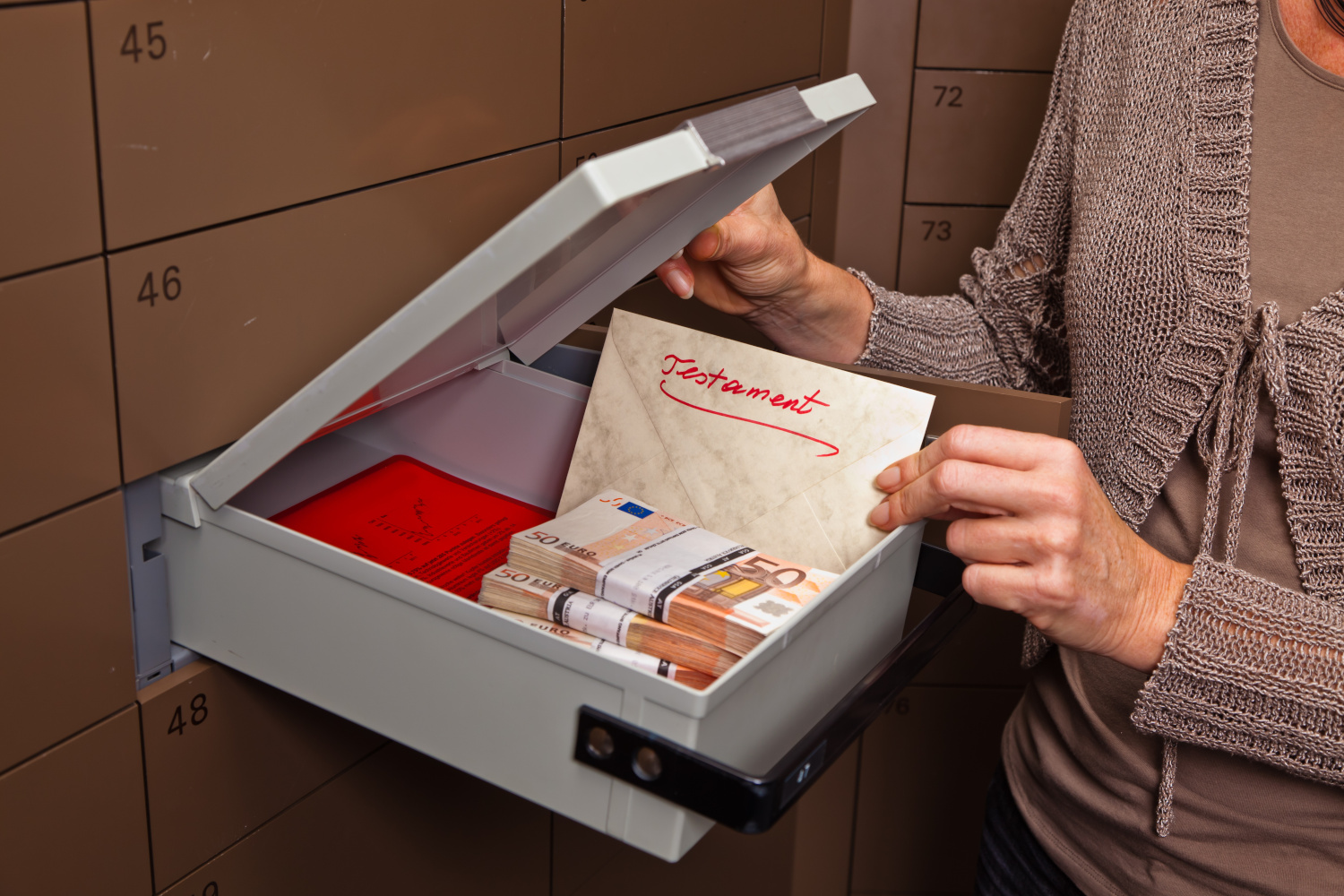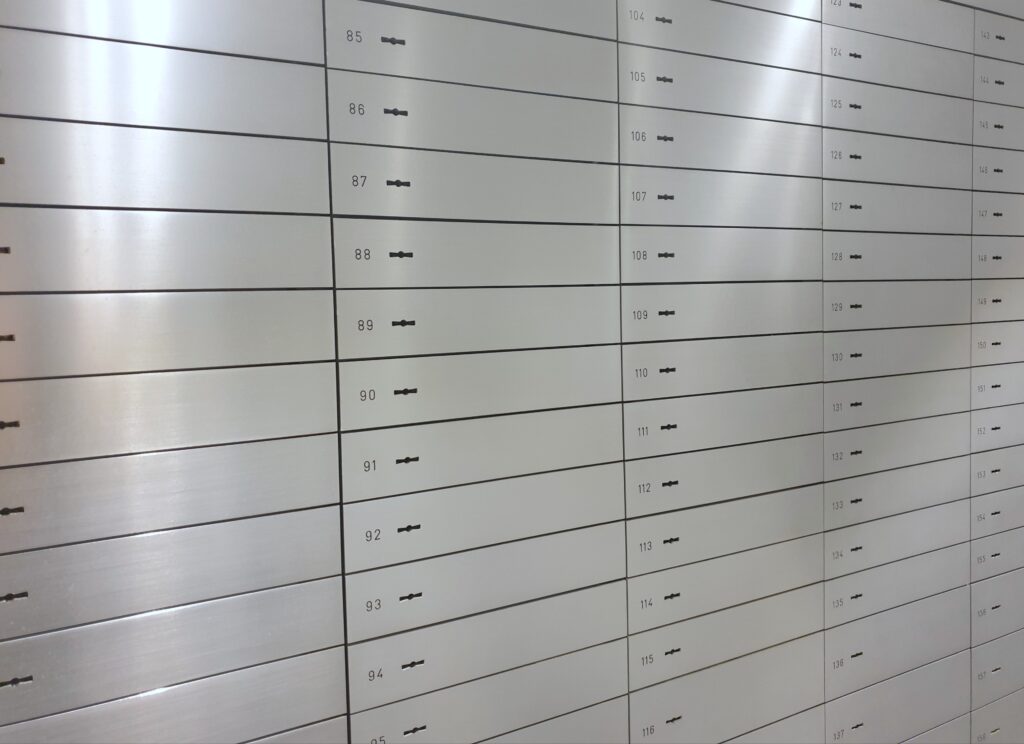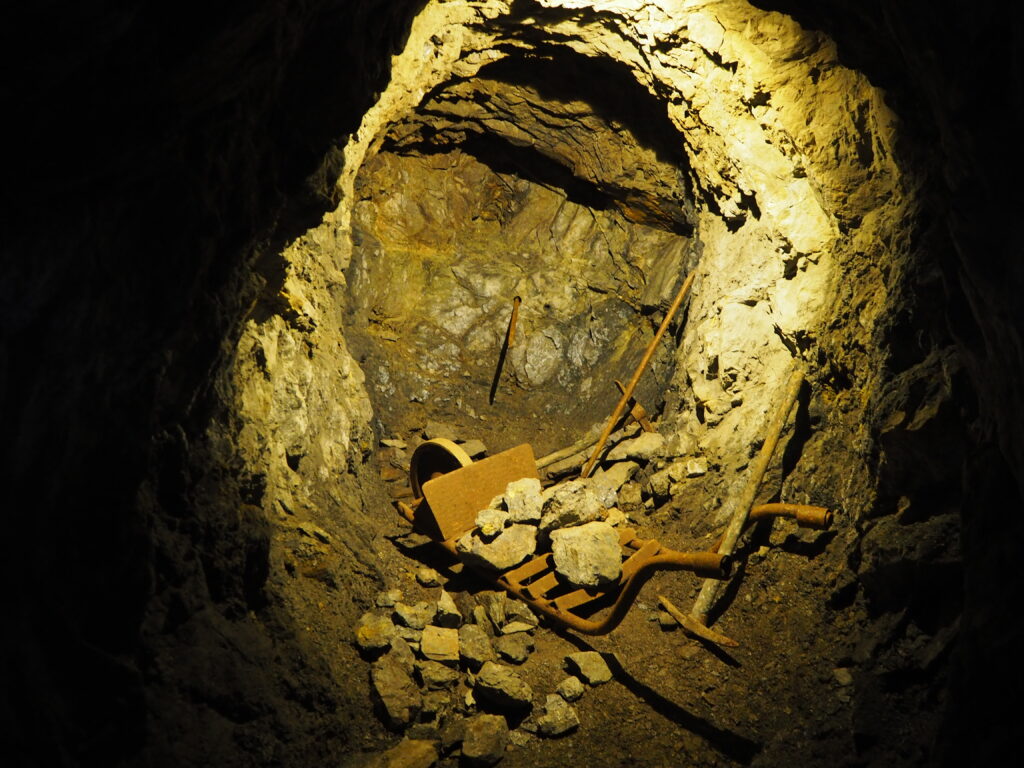Keeping Your Bitcoin and Crypto Assets Safe
Additional information > Services, clients and facilities > Keeping Your Bitcoin and Crypto Assets Safe
Bitcoin is just beginning to establish itself as a new means of storing wealth. Some now trade this crypto asset as if it were digital gold and in this context perhaps already view bitcoin as a supplementary wealth-building option, or maybe even consider it an alternative to physical gold. What’s the rationale behind this development? Bitcoin is a digital or virtual currency which could, in some senses, be treated as real money. This cryptocurrency is currently going through a monetization phase, and thus could be regarded as a type of long-term investment.
When purchased and deployed as a long-term investment, bitcoin will, of course, require a safe and appropriate method of long-term storage. But this is precisely what bothers so many ordinary investors about this and other kinds of cryptocurrency. Just how can you ensure the safety of your bitcoin? What exactly needs to be secured? And where should you store your bitcoin portfolio?
What is Bitcoin?
In reality, some of the unique features of this digital currency make it quite hard to answer this simple question: Not only does bitcoin have no physical existence, strictly speaking, it also has no technological existence. Anyone who owns a certain number of bitcoin actually owns shares in a UTXO set. UTXO means “Unspent Transaction Output” and refers to the amount of digital currency remaining after any bitcoin transaction – so it’s just “unspent outputs”.
UTXOs (or bitcoin) are thus a list of recorded transactions in a bitcoin blockchain. So, to some extent, a blockchain acts as a kind of decentralized general ledger. This “distributed ledger” is used to keep a record of who owns which bitcoin (actually UTXOs) within the bitcoin network.
What are known as private access keys are crucial to the secure functioning of the bitcoin environment. Private keys allow owners to access their respective bitcoin currency. This is how amounts of bitcoin can be “moved” – that is, sent on to someone else in the bitcoin network. When any bitcoin is transferred in this way, the corresponding booking entries in the appropriate bitcoin blockchain are updated accordingly. The decentralized ledger will thus be adjusted to show how the bitcoin digital resource has changed hands, in other words the digital transfer from sender to recipient. The transferred bitcoin is assigned a new public key, which in a sense equates to the recipient address. And while any bitcoin “exists” on that new public key, the currency can only be sent or transacted by someone who also holds the private key which is uniquely associated with that particular public key.
- Read another specialist article to learn more about crypto investments and how they are deployed.
Private keys require the highest level of security!
What may sound quite complicated is actually quite simple in practice: From a user’s point of view, their private keys actually are their bitcoin, in a manner of speaking. Mostly, private keys are now rendered as a 12 or 24 digit alphanumeric sequence. This unique sequence must be kept secret at all costs, and naturally should be carefully and securely stored. Because whoever has the appropriate private access key also has access to the amount of bitcoin “associated” with that particular key.
Anyone who keeps their bitcoin on a trading exchange does not actually possess their own private keys. These are held by the trading exchange on behalf of the user. While this is often quite convenient for a user, it also means that the user does not really have ownership of their own bitcoin. For example, if you are denied access to your account at the relevant trading exchange, you cannot then transact your bitcoin because you have no access to it. “Not your keys, not your bitcoin” is the dictum which applies here. So consequently, when a trading exchange has been hacked, many users find they have also lost access to their bitcoin.
One way to secure and store your bitcoin independently is to transfer it to your own digital wallet. This usually involves creating a “bitcoin or crypto wallet” which you can then in many respects operate just like a digital version of a wallet or purse.
Hot versus Cold Storage (Hardware Wallet)
There are basically two alternative security options: hot storage and cold storage. Hot storage means that your chosen security option is connected to the Internet in some way. This method is often used for web and mobile wallets, which means there is always a risk your wallet may be somewhat prone to hacking. Thus they are generally viewed as less secure choice.
Cold storage adopts a different perspective. This method of safe keeping requires no connection to the Internet, which makes cold storage a more suitable solution for storing any larger sums. At first, what are known as paper wallets were used for safe storage. With this kind of arrangement, both the public key and the corresponding private key were physically created on a piece of paper. But this must be done with extreme caution. Anyone who sets up a paper wallet carelessly, for example using a computer or printer connected to the Internet, immediately creates a potential hacking opportunity simply because all the relevant data associated with that particular paper wallet could then subsequently be accessed via the Internet.
Hardware wallets are the gold standard among cold storage solutions. These are usually devices very similar to USB sticks. They can generate private access keys which have never had any kind of contact with the Internet. This is possible because these special hardware wallets are programmed and created in such a way that private keys are only ever stored on the high-security device itself. Kept securely within the device, they can never appear externally under any circumstances.

igorigorevich © - stock.adobe.com
Safety first – safe deposit box storage
Anyone who has their bitcoin or other cryptocurrencies stored in a hardware wallet or a paper wallet still has to make sure these facilities are kept secure. And while it’s true your hardware wallet or paper wallet can certainly be stored at home, home storage usually entails a greater risk than secure storage in a non-bank safe deposit box.
So bitcoin is better stored in a safe deposit box. The risk of theft should be lower with a safe deposit storage option, because Swiss Gold Safe vaults are much better protected against break-ins. And likewise, the risk of a fire destroying stored materials, and thus all private access keys, should also be considerably lower. Using your own home for storage may appear to be a tempting proposition, but there is one thing you must always remember: Your property will always represent a security risk. At home, the focus can never be on total security – because your house was clearly created as an environment in which you live comfortably. However, Swiss Gold Safe vaults and safe deposit box facilities, on the other hand, have been designed and purpose-built to offer maximum security.
Nevertheless, it’s important to understand that, at this moment in time, insurers will not cover the loss of bitcoin and other cryptocurrency values held in SGS safe deposit boxes. The only thing which can be insured is the equivalent value of the paper- or hardware wallet used for storage. However, this does not include the equivalent financial value of the cryptocurrency itself, only the relatively minor costs of the physical paper wallet or the hardware version.
Hardly anyone on the market is currently offering insurance for the storage of cryptocurrency. There are just a handful of specialist providers who advertise cover for fraud and accidental damage.
Summary:
- From a practical point of view, the possession of private access keys should be equated with the possession of bitcoin. That means whoever has the private key is the only one who can actually move and transact the bitcoin funds.
- Anyone who allows their bitcoin to be kept on a crypto trading exchange is not in possession of their own private keys. So if you are denied access to the trading exchange, you can no longer access your bitcoin.
- Larger sums of bitcoin and similar cryptocurrencies are best stored in a dedicated hardware wallet.
- In order to protect your bitcoin (private keys) from fire and theft, it is safest to keep your hardware wallet, paper wallet, or your own USB stick, in a non-bank safe deposit box.
- At the moment, the financial value of any cryptocurrency loss is virtually uninsurable. The available insurance cover only safeguards the equivalent material value of items such as your physical paper- or hard wallet. The value of your cryptocurrency investments would be excluded.









